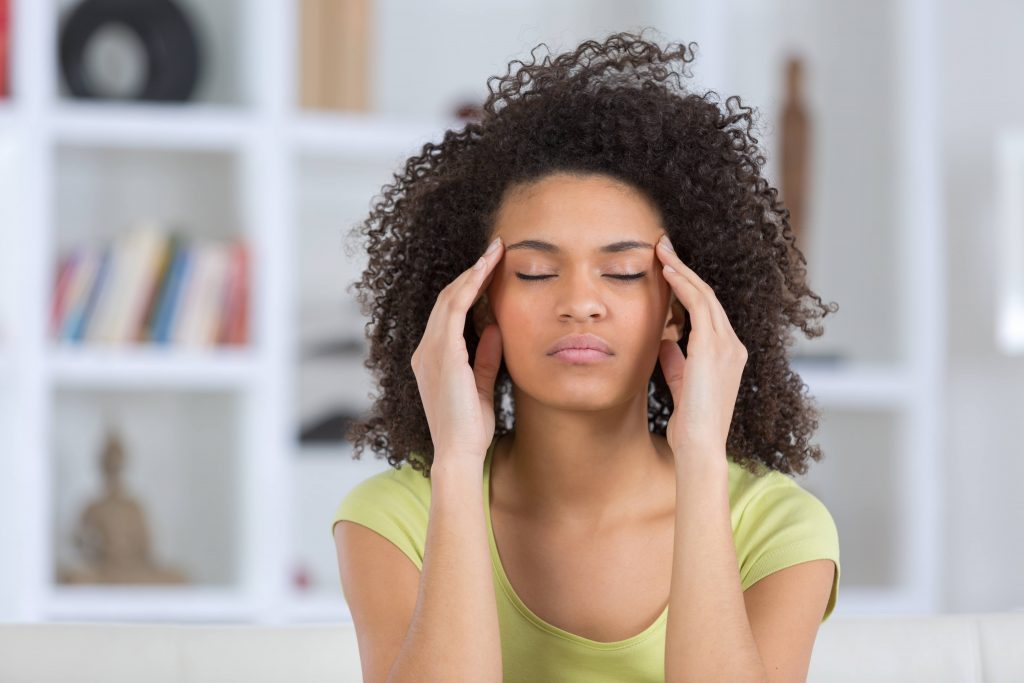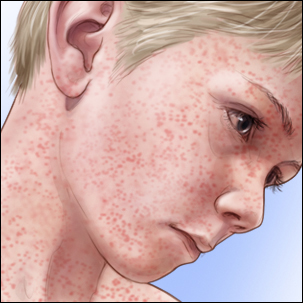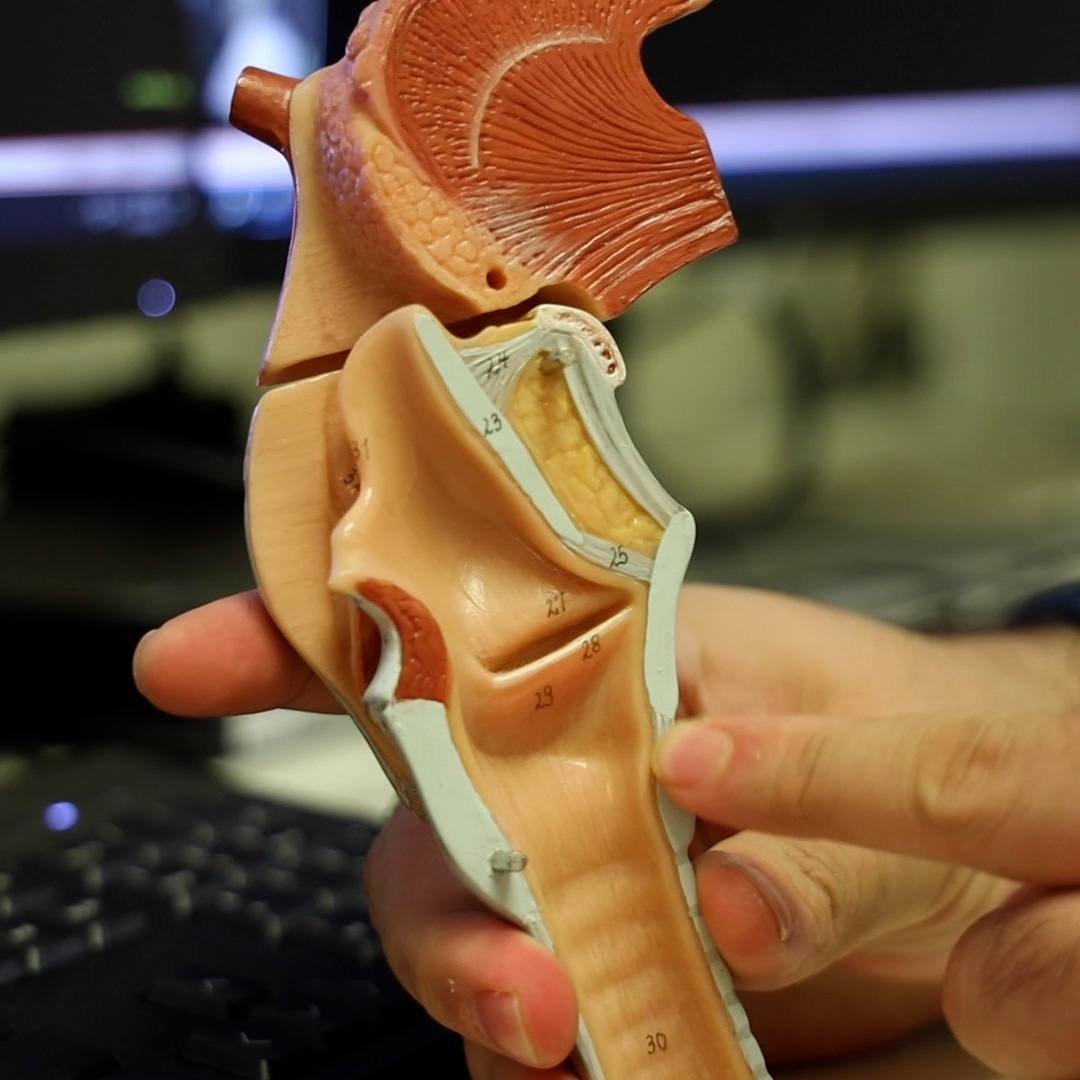-
Health & Wellness
Mayo Clinic Q and A: Headaches and menstruation

DEAR MAYO CLINIC: Ever since I was a teenager and began menstruating, I seem to get headaches that come on around the first day of my period. I am now in my 30s, and over the past year or so, they seem to be getting more severe and lasting longer — sometimes up to three days. Why is this happening, and are there ways to prevent or treat it?
ANSWER: It is not uncommon for women to have headaches before and during their periods. These headaches often can be effectively controlled with medication and usually don't require in-depth evaluation. When there's a change in the severity or type of headache, though, then it is time to see your health care provider to find out if another underlying medical condition could be causing the headaches.
In most cases, headaches associated with menstruation are triggered by hormone changes. This is particularly true during the days leading up to a menstrual cycle, when estrogen levels fall rapidly. Prostaglandins, natural chemicals made in the lining of the uterus, play a role, too.
Due to these changes, many women have mild headaches, along with other symptoms, like bloating and cramping, beginning just before the onset of a period and sometimes lasting a few days after it starts. These headaches tend to be mild. Over-the-counter pain medications are usually all that is needed to manage them.
In some women, though, the headaches that come with menstruation can be more severe. These headaches, called menstrual migraines, typically start two days before a period begins and can last until the third day of menses.
A migraine headache can cause intense throbbing or pulsing in one area of the head, along with nausea, vomiting, and extreme sensitivity to light and sound. A menstrual migraine differs from a nonmenstrual migraine in that it is not typically associated with aura. Aura can consist of flashing lights, blind spots in your vision, or numbness or tingling of your face or hand. Menstrual migraine pain also may be more severe, last longer and be less responsive to treatment than a nonmenstrual migraine.
If you have menstrual migraine, your health care provider may recommend that you take a combined hormonal contraceptive. These contraceptives can help migraine headaches because they stabilize your estrogen levels and curb the hormone changes that can trigger an attack.
In addition to pregnancy prevention and migraine management, the use of combined hormonal contraceptives offers other benefits, too. They keep your menstrual cycle regular and can help treat acne and ovarian cysts. They also control heavy menstrual bleeding and can lessen menstrual pain.
Although headaches may occur with menstruation, a change in the quality, severity or timing of the headaches associated with your period could be a symptom of another medical concern. For some women, a change in these headaches signals the start of perimenopause — the time when a woman's body makes its natural transition toward permanent infertility, or menopause. Perimenopause can affect headaches because it causes new hormone fluctuations.
Perimenopause typically happens between ages 40 and 58. So at 38, it seems less likely that this is the cause of your headache changes. If your headaches are associated with changes in your menstrual cycle, hot flashes or night sweats, you may need to be evaluated for premature menopause. Other medical conditions, including sleep disorders, thyroid disease and pituitary disease, could be to blame instead.
Make an appointment to see your health care provider or a women's health specialist to have your condition assessed. If an underlying condition is the source of the problem, treatment for that disorder may help reduce or eliminate your headaches. —Dr. Jacqueline Thielen, Women's Health Clinic, Mayo Clinic, Jacksonville, Florida
Related Articles







